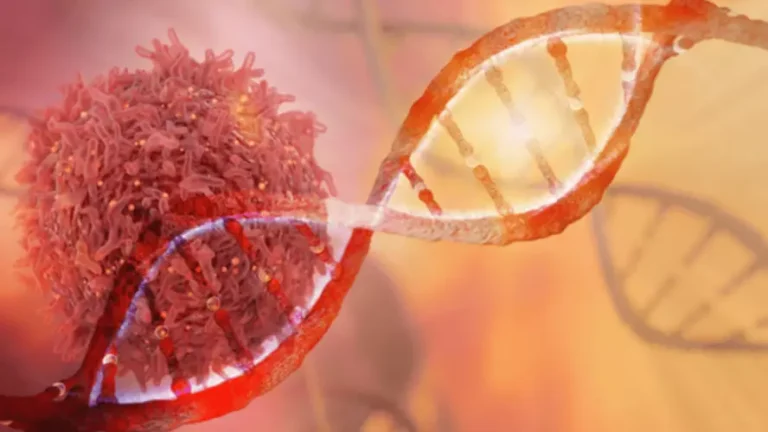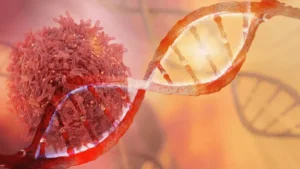Allergy Insider is committed to providing accurate, evidence-based information to empower allergy patients and support healthcare providers. However, this term is both potentially offensive and not entirely accurate. The alcohol flush reaction is less common in people of other ethnicities, but it still affects up to eight percent of the world population overall, or about 560 million people. The genetic basis of alcohol intolerance often correlates with ethnicity, particularly prevalent in East Asian populations. This genetic predisposition can lead to increased sensitivity to alcohol, as even small quantities can provoke significant and immediate responses (Thermo Fisher, n.d.). In addition to this, studies have identified a link between alcohol consumption and an increased risk of certain cancers.
What is Alcohol Intolerance? Signs You Might Have It
As alcohol tolerance increases, withdrawal symptoms intensify, making it increasingly difficult for individuals to abstain from drinking without professional intervention. Physical withdrawal symptoms manifest as the body becomes accustomed to the presence of alcohol and struggles to function without it. Common symptoms include tremors, sweating, nausea, anxiety, and irritability. Chronic and rapid tolerance contribute to early-stage alcoholism through different mechanisms. Chronic tolerance develops gradually with repeated alcohol exposure, leading to reduced motor impairment and sedation despite high alcohol levels.
Medical Reviewer
Some people experience anxiety or panic attacks along with their hangovers the day after consuming too much alcohol. This hangover anxiety, or “hangxiety,” can arise for many reasons, including mild withdrawal from alcohol, interrupted sleep, poor dietary choices, and shame or regret. Alcohol impacts your intestines’ ability to absorb certain nutrients, leading to shortfalls in zinc, selenium, potassium, iron, and magnesium. If you have an alcohol allergy, your doctor will often advise staying away from alcohol at all times.
Signs and symptoms
Chronic fatigue syndrome (CFS) is a chronic condition involving pain, insomnia, and severe fatigue that does not improve with rest. A 2023 study found that individuals with CFS are more likely to experience alcohol intolerance. Alcohol intolerance is an immediate unpleasant reaction to consuming alcohol. It typically alcohol intolerance occurs because of a genetic difference that makes the body unable to break down alcohol efficiently. When we drink alcohol, an enzyme in our bodies called alcohol dehydrogenase (ADH) breaks it down into a compound called acetaldehyde. Another enzyme, aldehyde dehydrogenase (ALDH), then turns acetaldehyde into non-toxic acetic acid (vinegar).
- As you track your experiences, pay particular attention to specific symptoms.
- While there is no evidence to suggest that the after-effects of COVID are likely to cause alcohol intolerance, new evidence may emerge as research continues.
- A few factors play into this, including genetics, the type of alcohol consumed, and how each individual metabolises alcohol.
- Others might have issues with the sulfites or histamines, as mentioned earlier.
- Interestingly, many East Asians have a genetic mutation that makes them produce lower levels of the ALDH1 enzyme.
Sulfites are commonly used as preservatives in wines and beers, and they play a vital role in keeping these beverages fresh and flavorful while preventing spoilage. However, if you’re one of the people who are sensitive to sulfites, you might experience some discomfort. This can show up as respiratory problems, like wheezing or shortness of breath, as well as digestive issues after consuming alcohol. In fact, around 1 in 10 asthmatics are sensitive to sulfites and may have a wheezy reaction to alcoholic drinks.
Allergy Symptom Questionnaire
The biggest difference between alcohol intolerance and an alcohol allergy is the reason behind the symptoms. An alcohol intolerance is a genetic, metabolic issue that prevents the digestive system from being able to break down compounds in alcohol. An alcohol allergy, on the other hand, is an immune issue where the body attacks one or more of the ingredients in an alcoholic beverage. Alcohol intolerance is a genetically inherited metabolic condition, similar to a gluten or lactose intolerance. It is not the same as alcohol use disorder, where people become dependent on or consume alcohol to the point of detriment. While some symptoms of alcohol intolerance mimic those of excessive use or a hangover, someone with alcohol intolerance does not become intoxicated any faster than a person without the condition.
However, asthma experts warn sufferers to choose their drinks carefully, because even low-sulphite wines will contain some sulphites. Alcohol is toxic and must be converted by the body into non-toxic substances. This takes time, which is why the symptoms can last for a whole day or more.
- Additionally, aged spirits, such as whiskey and rum, may accumulate histamines over time as they are aged in wooden barrels, allowing for the development of various compounds during this process.
- Because of this, even a small amount of alcohol can lead to those unpleasant symptoms.
- If you’ve ever noticed that you feel particularly rough after enjoying whiskey or rum compared to lighter options like vodka or gin, the higher congener content in those darker spirits may be to blame.
- Alcohol intolerance is an inherited metabolic disorder that will cause unpleasant sensations and digestive upset.
Support Groups
- Alcohol intolerance causes acetaldehyde to build up in your bloodstream, ultimately causing unpleasant symptoms.
- Chronic fatigue syndrome (CFS) is a chronic condition involving pain, insomnia, and severe fatigue that does not improve with rest.
- Alcohol intolerance is a medical condition that prevents your body from breaking down alcohol normally.
- Here at San Antonio Recovery Center, we are experts in working with complex, dual-diagnosis conditions.
- This suggests that if they drink alcohol, they may become dehydrated quicker and feel the effects more.
This stage lasts several days to a week, depending on the severity of the addiction. The inability to regulate drinking patterns leads to dangerous behaviors, social isolation, and neglect of responsibilities. This lack of control significantly heightens the risk of fatal outcomes related to alcohol-induced disorders and accidents. Individuals frequently turn to alcohol as a coping mechanism to manage anxiety, depression, or everyday stress. This habitual use to self-medicate gradually transitions into alcohol dependence as the individual becomes psychologically reliant on alcohol for emotional relief. Researchers found those who use alcohol to cope with anxiety have greater chances of becoming dependent, misusing alcohol, or developing alcohol use disorder.
Managing conditions
Comprehensive assessments by healthcare providers, including interviews and physical examinations, are important for making an accurate diagnosis and determining the appropriate treatment approach. Severe withdrawal symptoms are prevalent during late-stage alcoholism when alcohol dependence is at its peak. Symptoms include delirium tremens (DTs), seizures, hallucinations, and extreme agitation. Liver disease, particularly cirrhosis, is a common and severe consequence of chronic alcoholism. Cirrhosis develops as healthy liver tissue is progressively replaced by scar tissue, impairing the liver’s ability to filter toxins from the blood, produce essential proteins, and store nutrients.





